First Act
The people are grieving for their beloved ruler King Admète, who is lying on his deathbed. A King of Arms declares that human knowledge and skill can no longer save him. Évandre, a confidant of the King, announces the arrival of the Queen Alceste and her children. She recalls the ruler’s good deeds for his people and his family. Now, she fears for the future of her children and the whole land, and begs the Gods for assistance. She shall plea for their grace and mercy with a sacrifice. As a divine presence passes through him, the High Priest of Apollon summons the Gods to give the grieving people their ruler back. The Oracle speaks: Admète shall die that very day unless someone declare themselves prepared to die in place of the King. Silence reigns. As the High Priest asks who might be prepared to sacrifice themselves, the crowd flees in terror. Alceste stands back and makes the decision to die for her husband. This service, which nobody is prepared to provide out of friendship and gratitude, can only be performed by love. The Priest announces that Alceste is already expected in the Underworld. For a moment, she laments the fate of her children. Emboldened by her own love, she then appeals to the Gods to fulfil their prophecy, and dedicates herself to Death.
Second Act
The people rejoice. Like a miracle, Admète has cheated death. His gathered subjects praise their ruler and the Gods for their benevolence. The King appears and receives the homage of the mass. Drunken with joy, he is unable to comprehend the situation. Évandre discloses the Oracle’s statement to him and describes how an unknown hero has sacrificed himself for him. Admète shivers at the cruelty of the Gods, but the joy of his people overwhelms him. He and Alceste meet again, surrounded by rejoicing and happiness, but Alceste cannot conceal her sorrow from her husband. As he pressures her to speak, she slowly reveals what nobody knows: the hero who gave his life to save the King, is actually she. The shocked people cry at the King’s latest distress. Admète accuses Alceste of betraying her love for him. He would have preferred to die instead of Alceste rather than to live without her. In defiance of her husband, she reinforces her decision: she is ready to die in order to save Admète’s life.
Third Act
As Évandre weeps at the hopeless situation, Hercule arrives after his long wanderings to dine with his friend Admète. Évandre tells Hercule of the Royal Couple’s impending doom: Alceste shall die and Admète not survive her death. The demigod declares himself prepared to rescue both. In the meantime, Alceste and Admète have already reached the entrance to the Underworld. Both of them insist on dying for the other. Alceste reminds the King of his responsibilities towards his people and his children. Admète assures her that his pain would be too much for him to bear if he were to blame for her death. Eventually, the Gods of the Underworld speak: one of the two must die, and Alceste must decide which. She immediately declares herself ready to die. Meanwhile, Hercule appears, drives away the Gods and brings Alceste back to life. Apollon himself then appears and praises Hercules’ valour: the Royal Couple shall live. The re-united family pay homage to Apollon and the people rejoice.
Florian Holzapfel (translated by James McCallum)
Original version in Italian
Place: Classical Pherae, Thessaly
Act 1
A herald announces to the people of Thessaly that King Admeto is gravely ill and that there is little hope. Evandro calls upon all to pray to the oracle at the temple of Apollo. Alceste joins them and asks Apollo for pity. The oracle says Admeto can be rescued if another voluntarily sacrifices his life. This causes great consternation. Alone, Alceste agonizes whether to give her life for that of her husband.
Act 2
In a dense forest dedicated to the gods of the underworld, Ismene asks Alceste why she is leaving her husband and children. Alceste tells Ismene of her intentions. Meanwhile, Admeto has a miraculous recovery to the joy of all Thessaly. Evandro tells him that someone has apparently sacrificed himself for the king. When Alceste appears, he questions her until she confesses. The desperate king hurries into the temple to plead with the gods. However, Alceste says good-bye to the children.
Act 3
The decision of the gods is not revoked. The people lament the approaching death of Alceste. Having said good-bye to Alceste, Admeto decides to follow her into death. Then the heavens open, Apollo descends and proclaims that the gods have given them their lives as a reward for their steadfast love.
Paris version
The overture is stately, noble, and tragic, looking ahead to some of Mozart's minor-key works. The choir propels much of the action in the first two acts, and Gluck's vocal settings are particularly elegant, taking advantage of the French language's smooth rhythms, although the writing is rather static in its sad dignity.
Act 1
King Admetus is dying, and his people are in despair. The god Apollo refuses their animal sacrifice, proclaiming that Admetus will live only if another person is sacrificed in his place. Queen Alceste believes she is the victim Apollo has in mind, but declares she will surrender her life only for love. (Aria: "Divinites du Styx")
Act 2
The people celebrate the king's recovery. Admetus does not realize that Alceste has volunteered to die in his place, and his wife won't give herself up until the record is set straight. When he learns the truth, Admetus believes that Alceste is in effect abandoning him, and would prefer to die himself.
Act 3
The people, sorrowing again, prepare the royal couple's children for sacrifice in their place. Admetus' friend Hercules arrives and promises to conquer death on his behalf, and travels to Hades. Meanwhile, Alceste has already arrived at the gates of hell; Admetus tries to dissuade her, but she is sacrificing herself for love, rather than as some heroic act. She dies, but Hercules rescues her—except that now Alceste seems nearly insane. Apollo arrives, promises Hercules immortality, and leaves Admetus and Alceste in a world that seems devoid of death. The work ends with a joyful chorus.


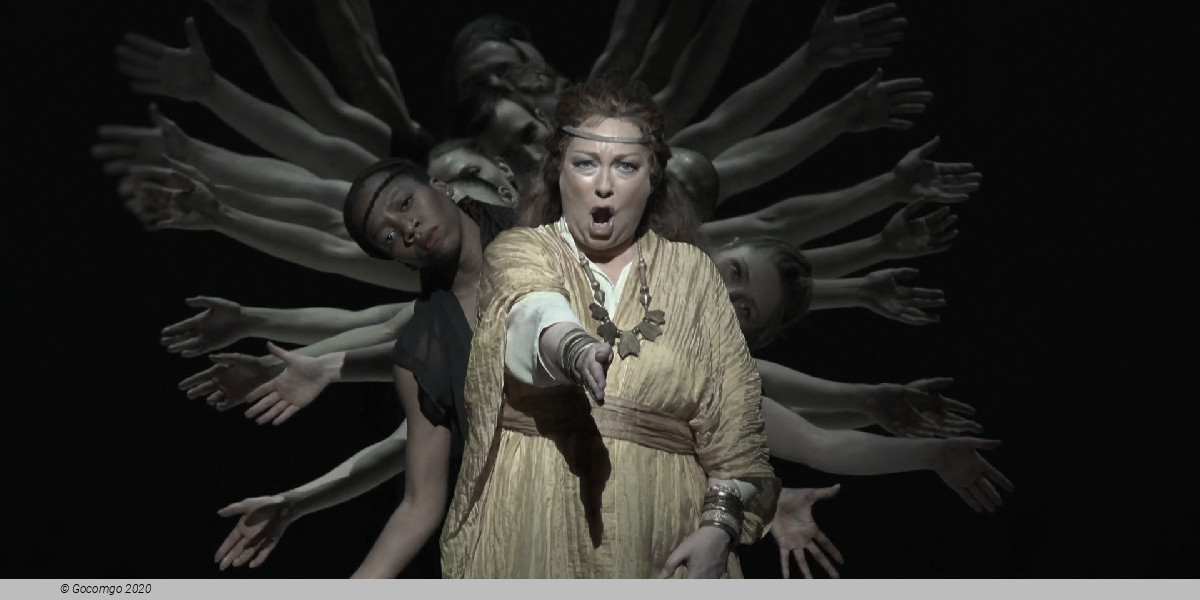
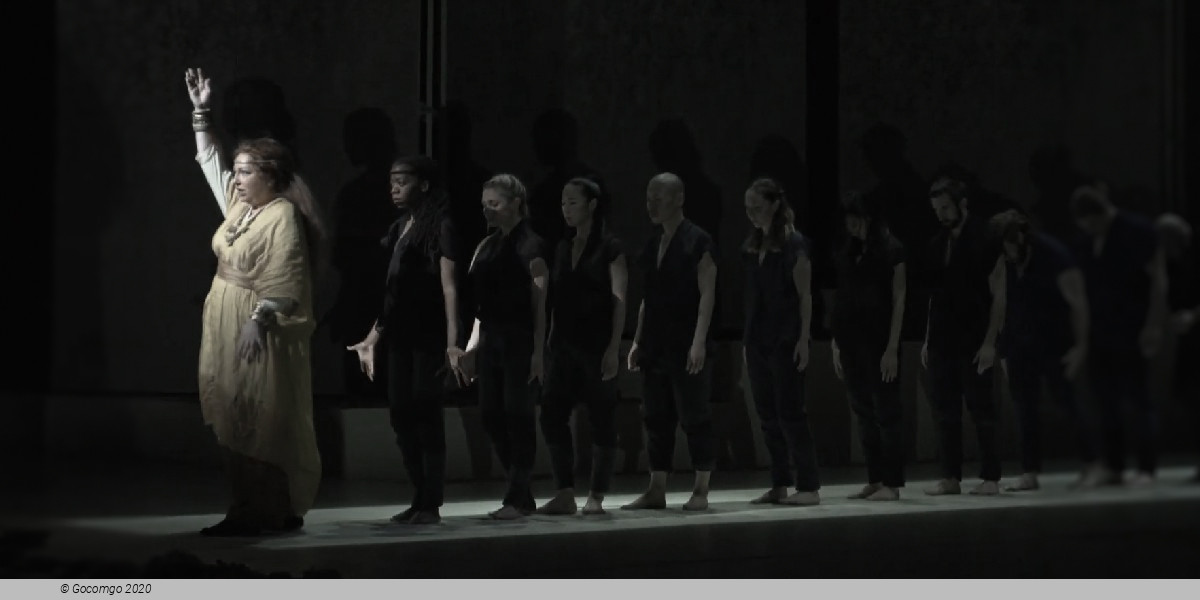
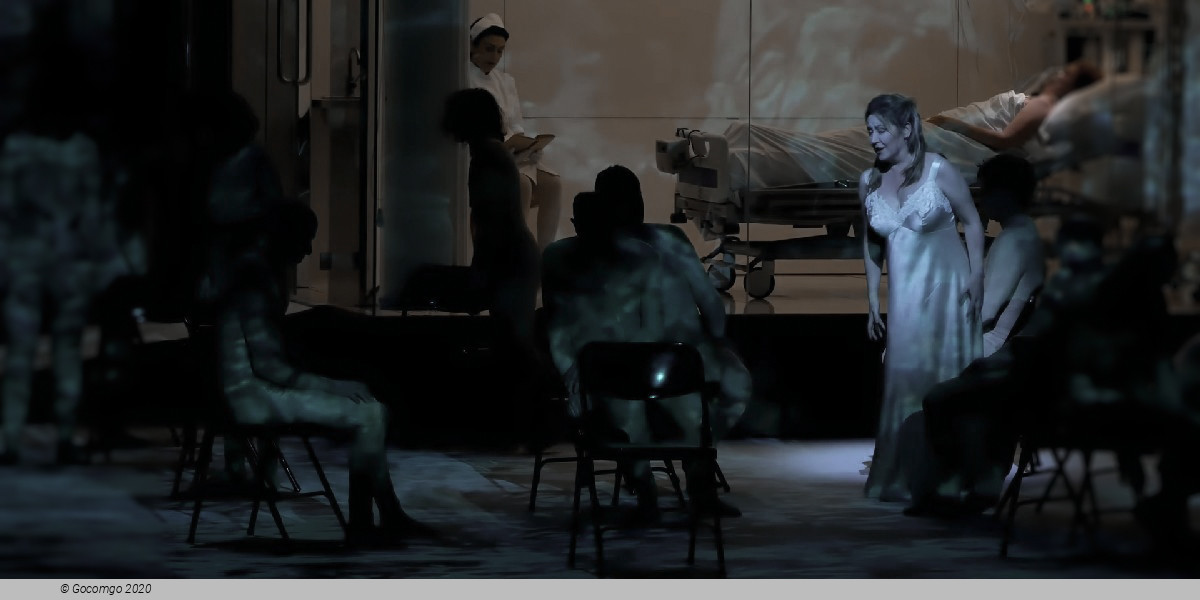
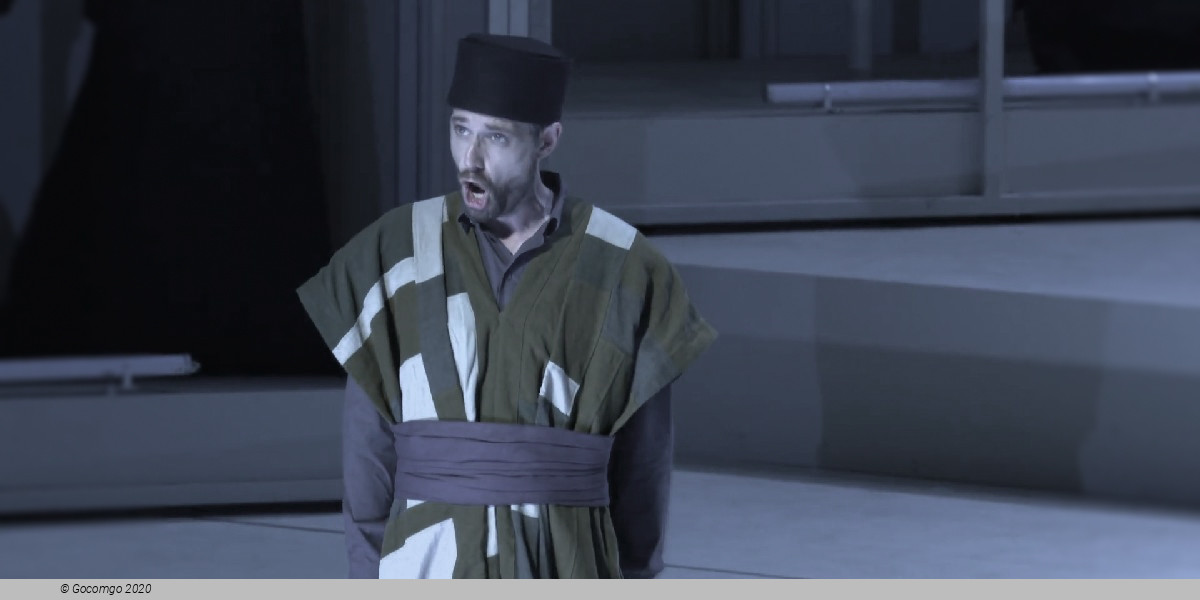
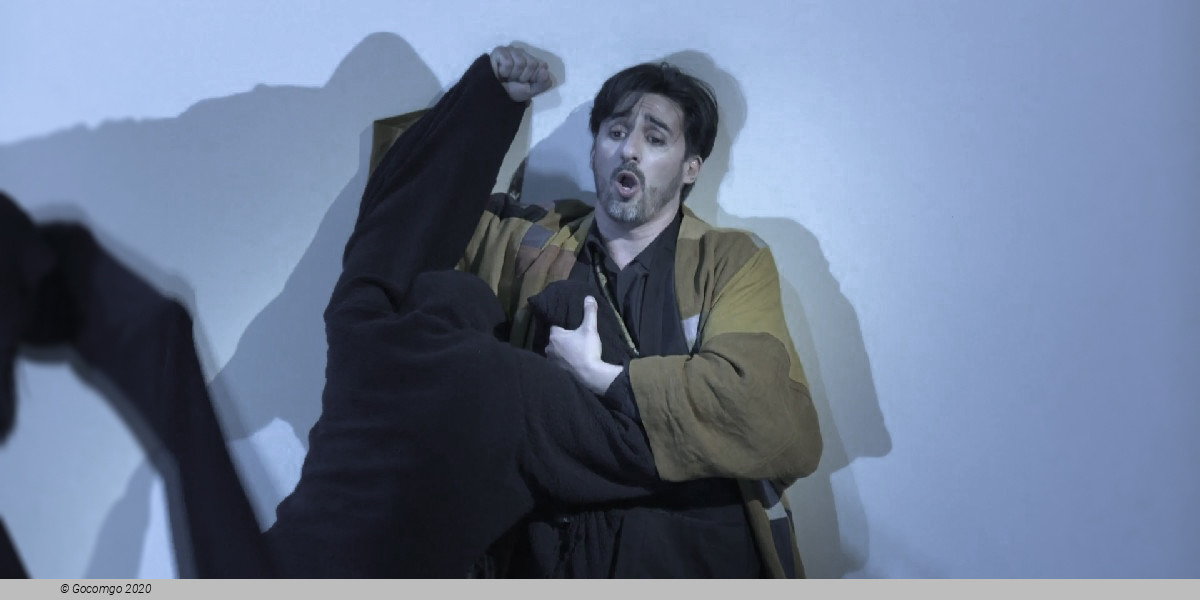
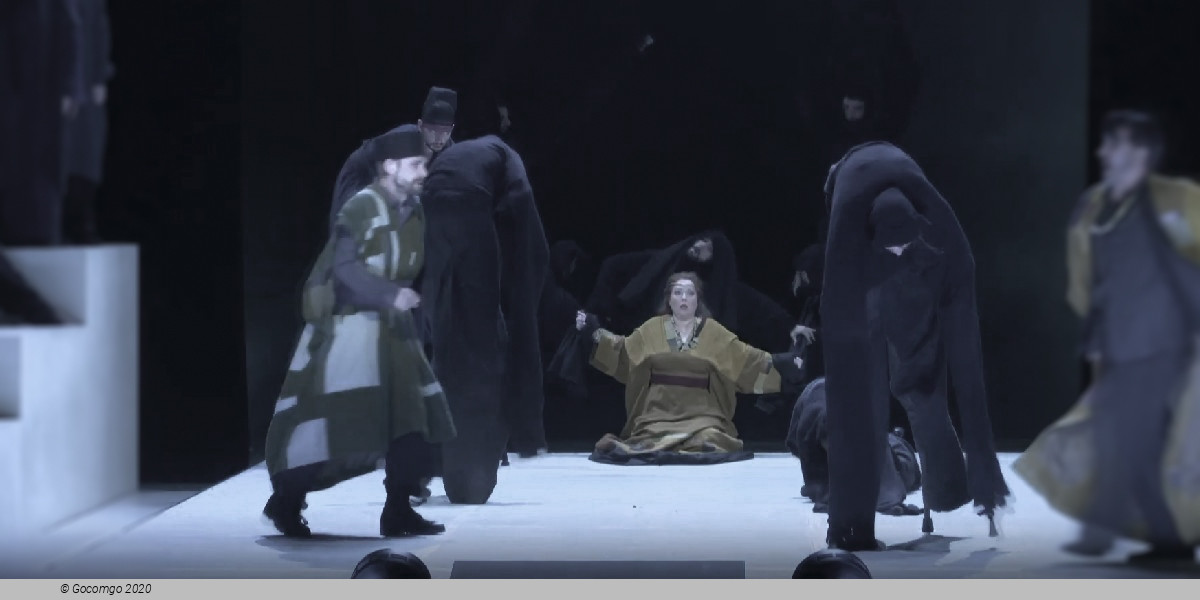
 Max-Joseph-Platz 2
Max-Joseph-Platz 2